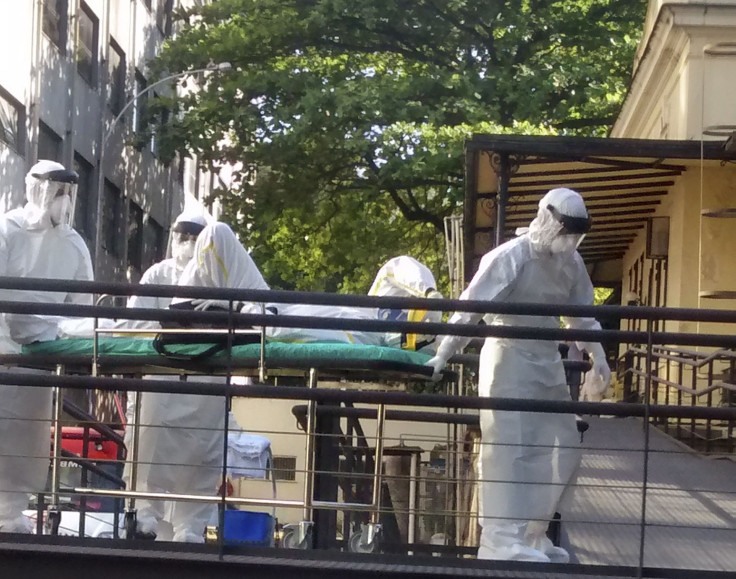
One-hundred and twenty members of a quilombo community in Peropava, Sao Paolo, Brazil lined up for mass testing for the novel coronavirus after it was confirmed that several of its members had contracted the disease.
According to a report, the said community has been reeling under the coronavirus pandemic. Its residents who were descendants of those who survived the slavery more than a century ago had not expected that the virus would find its way to their community granted the secluded nature of their location.
Valdir Cabral, one of the residents, had been battling the virus for weeks now and is one of those who were alarmed by the contagion's reach as Peropava is supposedly "a place that is quite isolated."
Fundamentally, a quilombo is a Brazilian community that had been set up by slaves of African origins who have sought to live with freedom by fleeing to Brazil - away from those who enslaved them. These quilombos are located in remote and inaccessible areas with populations of fewer than 100 people.
When slavery was finally put to an end in 1888, these communities have been protected by Brazil's succeeding constitutions and have attained legal land rights though some elites refused to recognize them. The progress that the community has achieved throughout the decades now appears to be trifling amidst a pandemic that has reached its residents.
Brazil descendents of escaped slaves tested for coronavirus https://t.co/C5lRgkcA8p pic.twitter.com/HikrOtR0dp
— Reuters (@Reuters) July 30, 2020
The Butantan Institute has responded to the emergency by administering coronavirus rapid tests. The results of the tests have not been announced as of yet so it is not evident how many of the Peropava residents have contracted the virus. The institute has, however, given an assurance that the results would be used in order to prevent further transmissions in the locale.
To date, there are 824 confirmed coronavirus infections in Registro, a city where Peropava is located facing the Atlantic coast of São Paulo. Health officials from the said city have registered 14 coronavirus deaths since it was first detected.
As hard-hit Brazil sets new daily COVID-19 records in the past days, the Butantan Institute and its director, Dimas Covas, have placed an emphasis on the importance of helping its most vulnerable communities such as the quilombos as they only have very little when it comes to access to medical care and support.
© 2025 Latin Times. All rights reserved. Do not reproduce without permission.




